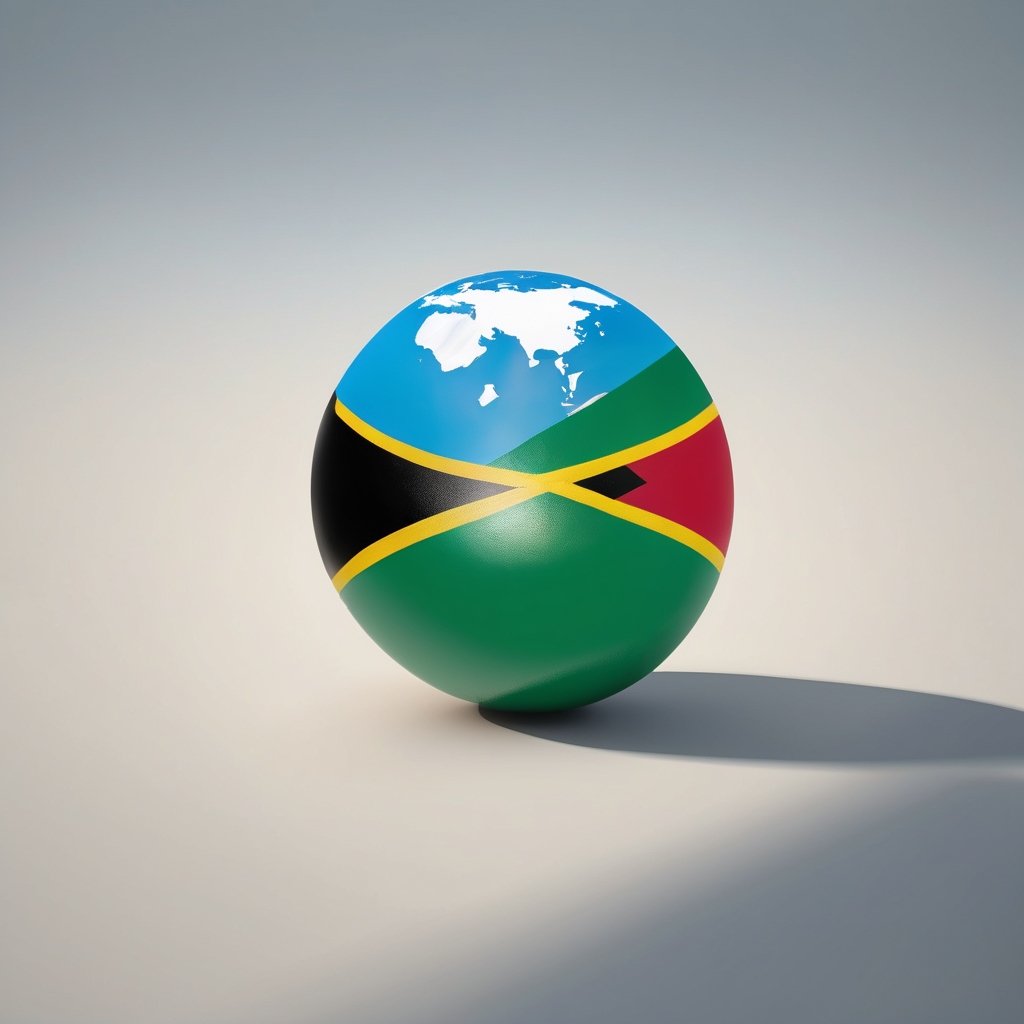Vanuatu has signaled its willingness to enter into a comprehensive agreement with Australia, while firmly stating the importance of preserving its sovereignty. Internal Affairs Minister Andrew Napuat has made it clear that Vanuatu will not yield to pressure or “bullying” from more dominant nations. This declaration comes after Australia’s failure to finalize the $500 million Nakamal agreement in Port Vila last month, which raised concerns in Vanuatu about potentially hindering funding opportunities from other states.
In a notable turn of events, Vanuatu is looking to bolster its law enforcement collaboration with China by preparing to sign a memorandum of understanding (MoU) dedicated to policing, which contrasts sharply with the stalled negotiations surrounding the Nakamal pact. Napuat highlighted that while the discussions with China and Australia are distinct, both instances underscore the difficulties that Australia faces in countering China’s increasing sway in the Pacific, particularly after the recent breakdown of a defense treaty with Papua New Guinea.
While acknowledging the vital role of Australia as a regional ally, Napuat emphasized that larger powers need to honor the sovereignty and preferences of smaller nations like Vanuatu. He underscored the need for agreements that genuinely resonate with the needs and aspirations of their citizens, rather than perpetuating a neo-colonial mindset.
The Australian government has reiterated its commitment to respecting Vanuatu’s sovereignty, asserting that their partnership is predicated on mutual respect and aligned goals. A spokesperson for Australian Foreign Affairs Minister Penny Wong emphasized the shared responsibility for security among members of the Pacific Islands Forum.
Experts suggest that despite Australia’s position as Vanuatu’s primary security ally, the prospects of finalizing the Nakamal agreement remain uncertain, especially due to insufficient political backing within Vanuatu. Professor Joanne Wallis from the University of Adelaide pointed out the challenges Australia must navigate, recalling similar instances, such as the unratified security agreement from 2022.
Meanwhile, Vanuatu’s relationship with China has grown stronger since 2014, particularly in the areas of police training and resources. An MoU with China would further solidify this ongoing partnership, signaling a shift toward more structured cooperation that ensures transparency and addresses the law enforcement needs within Vanuatu.
As the international landscape continues to shift, especially with China’s increasing engagement in the Pacific, Vanuatu faces a nuanced path ahead in balancing its relationships amid heightened geopolitical competition. This evolving situation prompts both Vanuatu and Australia to reflect on their partnership, aiming for mutual benefits that prioritize resilience, stability, and prosperity in the Pacific region.
